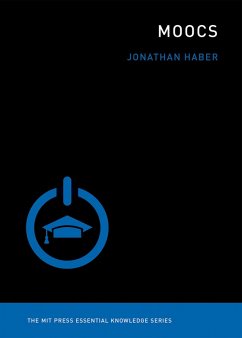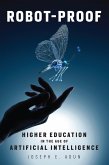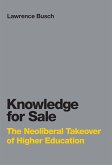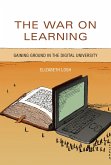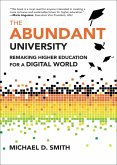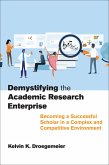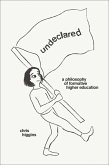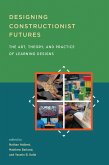The New York Times declared 2012 to be "The Year of the MOOC” as millions of students enrolled in massive open online courses (known as MOOCs), millions of investment dollars flowed to the companies making them, and the media declared MOOCs to be earth-shaking game-changers in higher education. During the inevitable backlash that followed, critics highlighted MOOCs' high dropout rate, the low chance of earning back initial investments, and the potential for any earth-shaking game change to make things worse instead of better. In this volume in the Essential Knowledge series, Jonathan Haber offers an account of MOOCs that avoids both hype and doomsaying. Instead, he provides an engaging, straightforward explanation of a rare phenomenon: an education innovation that captures the imagination of the public while moving at the speed of an Internet startup.
Haber explains the origins of MOOCs, what they consist of, the controversies surrounding them, and their possible future role in education. He proposes a new definition of MOOCs based on the culture of experimentation from which they emerged, and adds a student perspective—missing in most MOOC discussion. Haber's unique Degree of Freedom experiment, during which he attempted to learn the equivalent of a four-year liberal arts degree in one year using only MOOCs and other forms of free education, informs his discussion.
Haber urges us to avoid the fallacy of thinking that because MOOCs cannot solve all educational challenges they are not worth pursuing, and he helps us understand what MOOCs—despite their limitations—still offer the world. His book is required reading for anyone trying to sort out the competing claims, aspirations, and accusations that color the MOOC debate.
Dieser Download kann aus rechtlichen Gründen nur mit Rechnungsadresse in A, B, BG, CY, CZ, D, DK, EW, E, FIN, F, GR, HR, H, IRL, I, LT, L, LR, M, NL, PL, P, R, S, SLO, SK ausgeliefert werden.
...this book is an excellent departure point for inspiring discussions about the role of disruptive technologies in education and the ensuing tension between on-line learning and traditional brick and mortar experiences in the face of increasing commodification within higher education systems across the globe. Even if MOOCs themselves disappear in the near future, the need for dialogue about these sorts of issues will not, thus making this book a useful contribution to scholarship. Science and Public Policy

